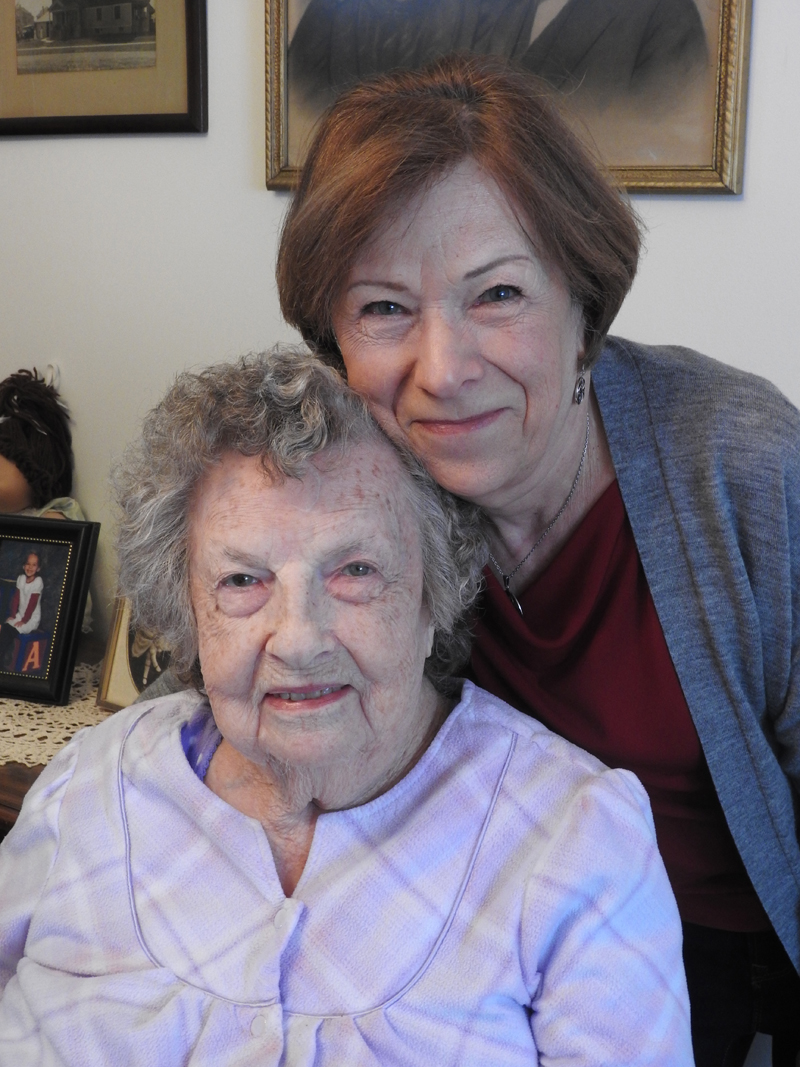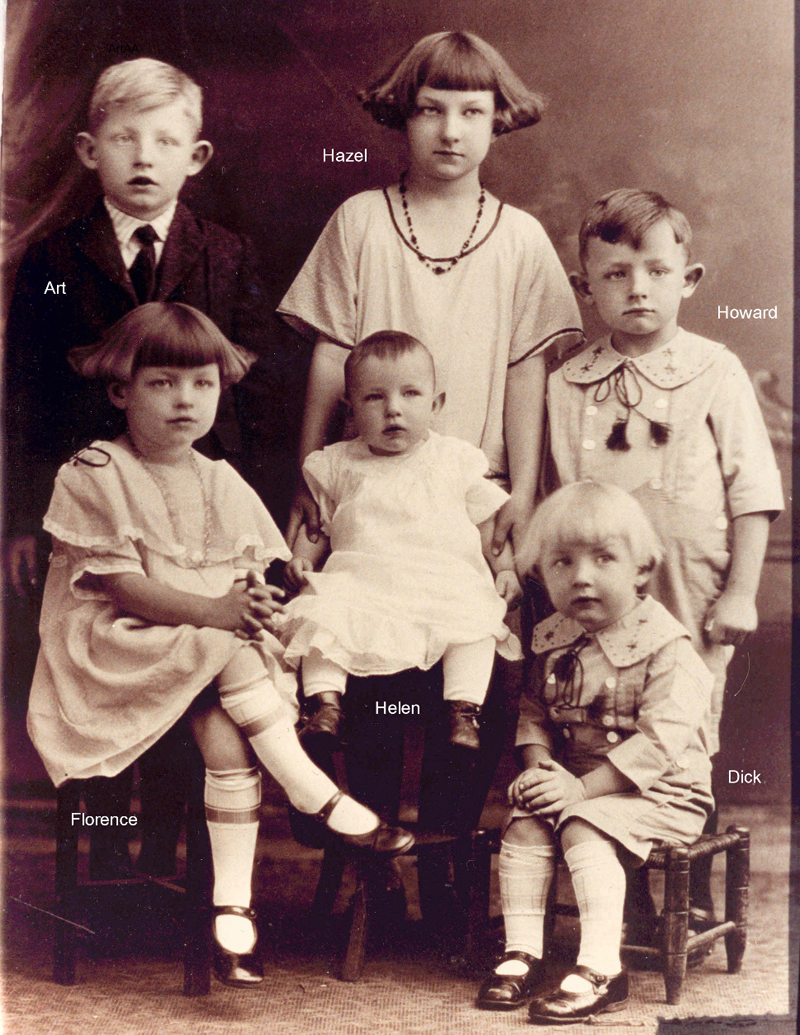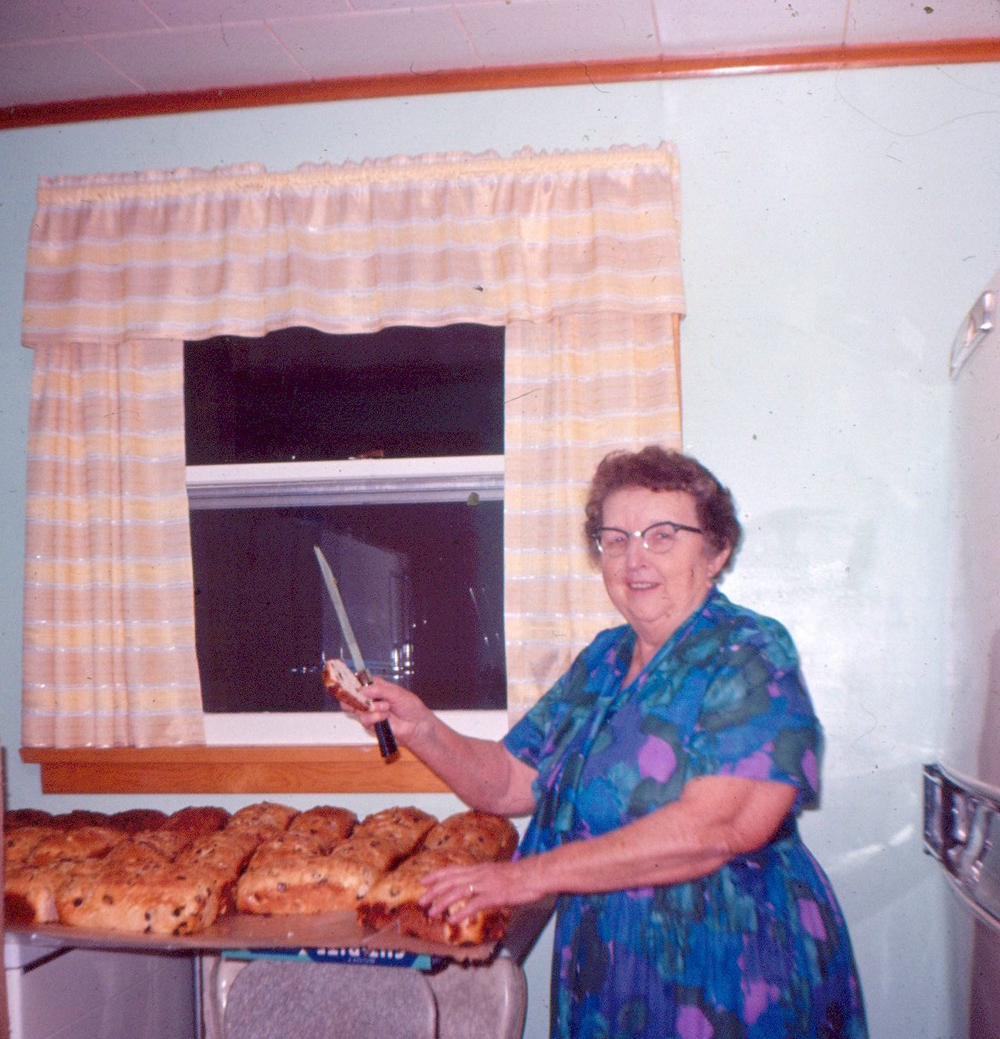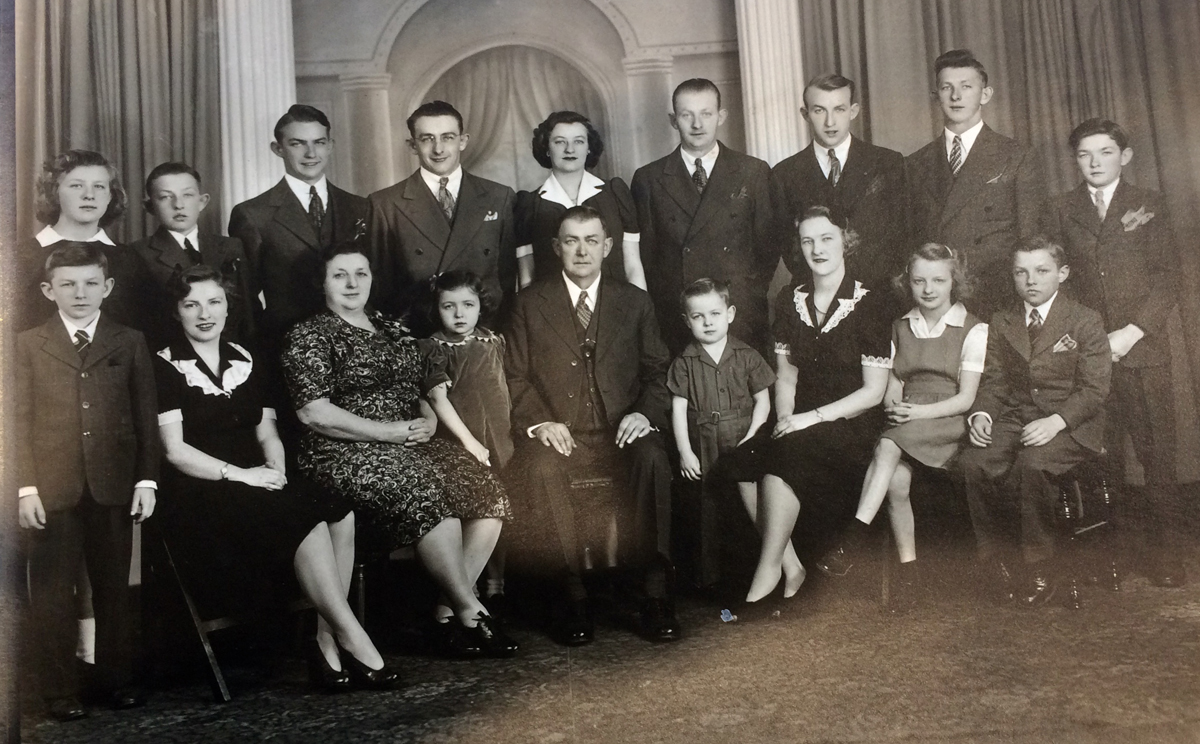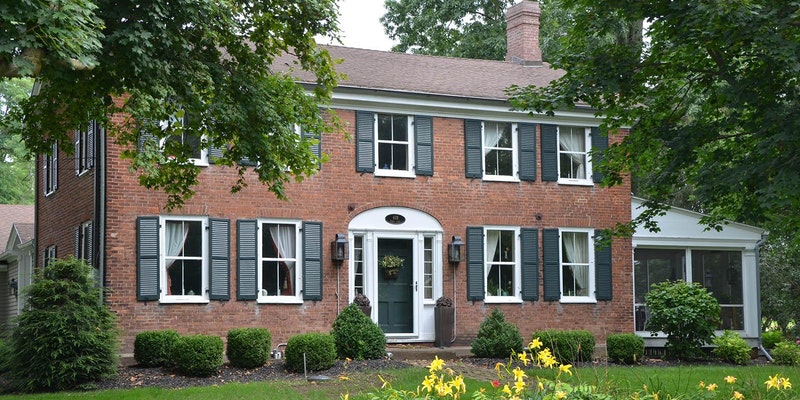Women of the Westside: Part One – Helen Lemcke
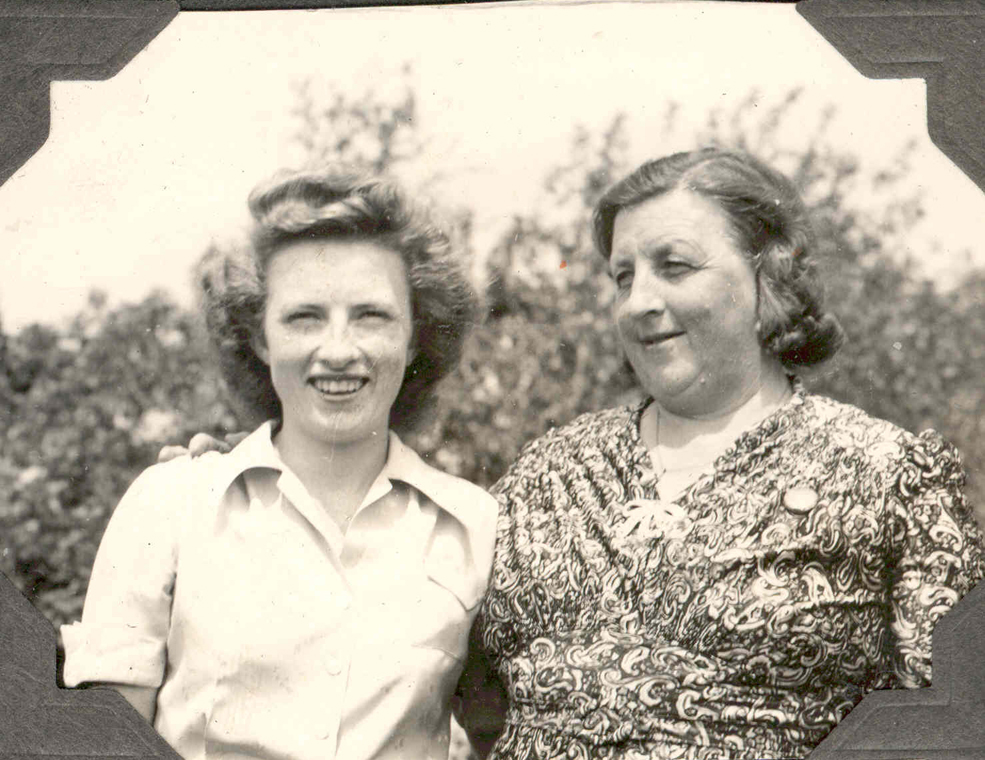
A series celebrating Women’s History Month by shining the light on local women of wisdom with long lineages of life in towns on the westside
Tight knit; those are the words that describe Helen Lemcke’s family of Hilton. The first Lemcke is believed to have immigrated to this area in the late 1800s from Germany. Arthur and Myrtle Lemcke began their family in 1914 on Long Pond Road next to the Lowden farm. When Helen’s mom, Myrtle, was asked how many children she was going to have, her answer was “As many as God gives me.” The Lemckes went on to have 16 children – ten boys and six girls. Helen Lemcke, born in 1923, was child number six in the family. The Lemckes spent most of the years raising their 16 children in a nine-room farmhouse with 50 acres of land on Manitou Road.
Helen and her siblings were raised learning the value of hard work, family closeness and traditions. School consisted of a one-room schoolhouse on Long Pond Road. Rich traditions and closeness were the fruit of the Lemcke family tree. Sunday dinners were a staple in the family. Regardless of what was going on, everyone would gather at the farm for a family meal every Sunday. Pior to the meal, men and boys would be outside working together on the farm and harvesting crops while Helen, her sisters, mom and aunts would help in the kitchen and with children. Learning to cook, sew, and care for children were skills taught very early to Helen and her sisters.
The family grew up during the Great Depression and WWII and, although the economy was bleak, the family bonds were strong. Those bonds were evident in their love for one another, unwavering support, working together, and regular family time together.
As the Lemcke children grew into young adults, many of Helen’s brothers joined the military and shipped out during the war. College was not a reality for most in that era and Helen stayed at the farm and helped her Mom. Helen, her mom and aunts would provide home-cooked meals to local hotels and establishments to resell to their patrons. They also would make extra money by spending summers picking cherries for Apple Annie’s.
Helen met her husband Burton Carlton at a town dance. She married him in 1940 at the age of 18. As the war was nearing an end, times for women were beginning to change. Helen learned how to drive and even got a job working outside of the home as a cook in the cafeteria at Paddy Hill School.
As the 16 Lemcke children grew into adults they started families of their own. The family only grew in their closeness and sharing of traditions. Christmas traditions created many fond memories etched in their hearts. Loaves of homemade raisin bread, handmade sausage, and hard cider for the men continued through the decades. As the family grew, Christmas Eve gatherings were standing room only at the Lemcke home. Despite the size, everyone got a gift. Regardless of the simplicity of the gift, the family found their treasures in the shared time and traditions together.
Sunday trips to the farm continued for the entire family. Sunday meals at Helen’s parents’ home would be a weekly opportunity to get some freshly churned butter and fresh eggs from the farm.
Helen and her husband had three children – Ron, Donna (Mead) and John (Jack). Donna vividly recalls the excitement she had going to Granny’s every Sunday and being allowed to choose items for their meal from the root cellar. Donna was the first Lemcke female to go on to college. Helen’s two sons, Ron and Jack, went into the Navy. After experiencing the Depression, Helen hoped for more for her children, so she and Burton pushed for their children to pursue more of an education.
Despite the fast-moving changes of culture, more women working and the start of nuclear families, the Lemcke family retained their strong family ties by keeping the traditions strong that had been instilled in each of them.
With amazing role models like Myrtle and Helen Lemcke, Donna was raised with a strong sense of purpose for her life and family. “The importance of what women bring to a family with their responsibility, their loving support and care is what was instilled in me from both Mom and Granny. Family is everything,” said Donna.
As Helen nears her 96th birthday she lives at her home. Although she no longer organizes the family gatherings, the traditions are still strong and she still attends. The planning and organizing of the Lemcke traditions were handed down to Helen’s daughter, Donna, and her sisters-in-law. The women continue keeping the Lemcke family close in love and traditions allowing the heritage of the Lemcke family to be carried down through generations for over a century.
Editor’s note: Next week look for another Women of the Westside story from Ogden.
